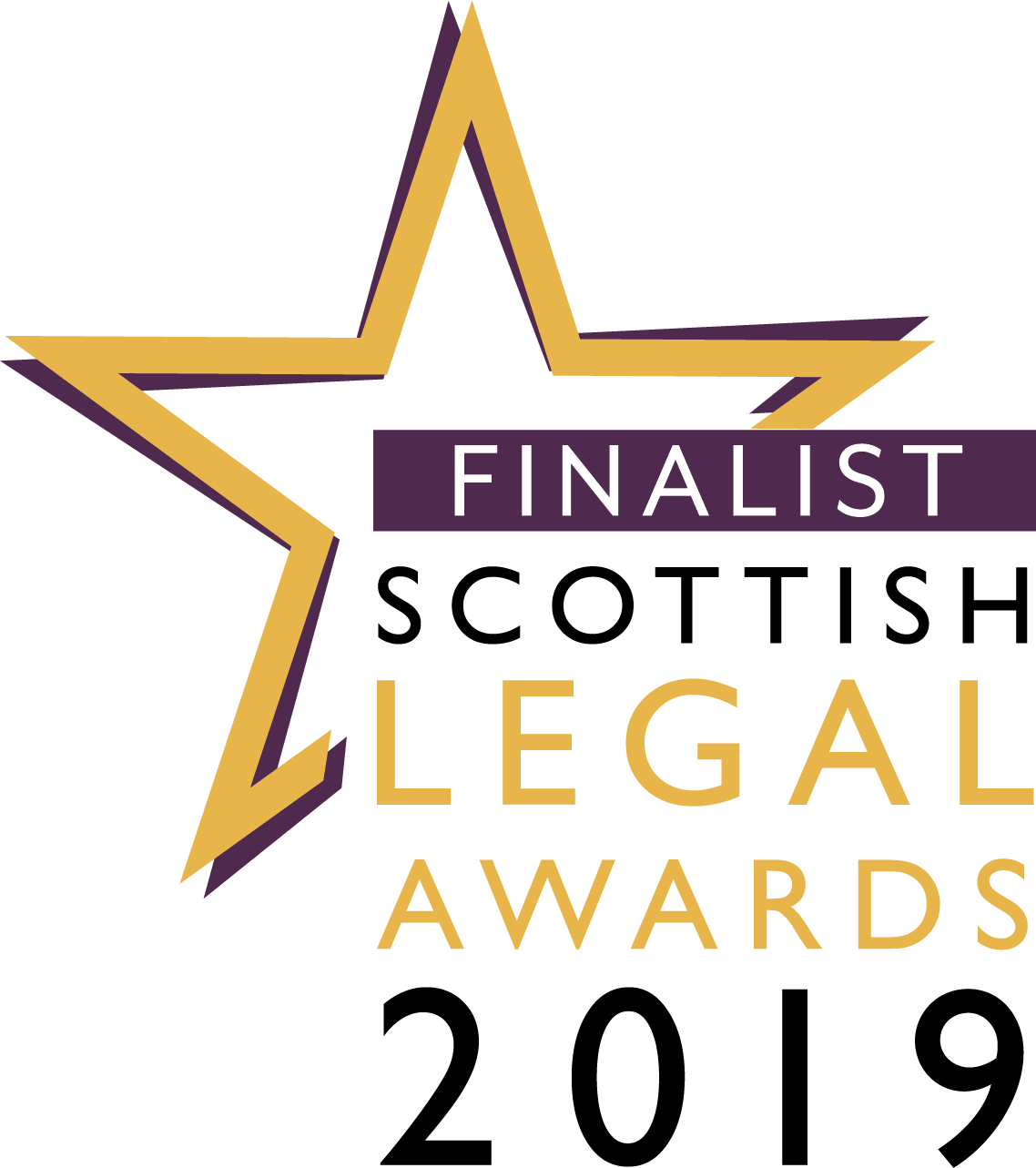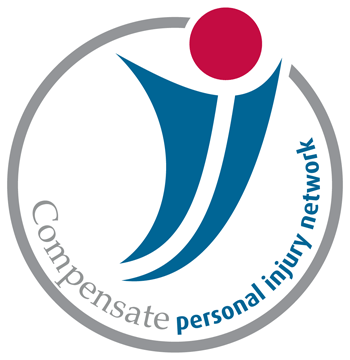A - Z Family Law in Scotland
Family troubles can be difficult enough without having to learn a whole new lingo. Here the family lawyers at Beltrami & Co try to guide you through some of the terminology.
A is for Adultery. One of the five ‘grounds’ for divorce but not commonly used because, although it is often suspected, the court requires proof of the actual act of adultery …. which, in the absence of a new arrival to the family nine months later, can sometimes be hard to find.
A is also for Aliment, which is where the court orders one party to pay monthly amounts to the other after separation up until the Divorce is granted. You need to show the court you are at a financial disadvantage, which usually involves comparing living costs, bills, kids’ clothes, etc.
B is for Best Interests of the Child, the guiding principle for all decisions the court takes, such as in relation to where they live and who they see. The convenience and wishes of the parents are of course taken into account but it’s made clear that these are secondary.
B is also for Bar Report – where parents are completely contradicting one another, the court will often bring in an experienced family lawyer to prepare a report for the “bar” of the court, to investigate and report to the Sheriff, often making a recommendation.
C is for Contact, the term for what used to be known as ‘access’, where the parent who does not live with the child gets to see him or her. This can be ‘residential contact’, which is where the child stays overnight, and a Contact Order will include times and dates, and practical issues like who is responsible for delivery or collection.
D is for Decree, the paperwork the court produces to confirm it has granted Divorce, which then has to be retained with the Marriage Certificate. It can also contain details of how much money or property one party has to transfer to another, or deal with matters involving children.
E is for Enforcement. A Decree is something that can be used to seize funds in bank accounts or even wages if what the court has ordered is not being complied with. The court also has the power to find a parent who refuses to allow contact to be in contempt of court, resulting in a fine or being held in custody.
E is also for Exclusion Orders, the court has powers to regulate the occupation of the matrimonial or family home and can make an exclusion order if it appears to the court that this is necessary for the protection of the person applying for it or any child of the family.
F is for Fair Sharing, which is court’s job in resolving the financial issues by dividing the husband and wife’s property, pension rights and cash. It can be 50/50 but the law allows a number of factors to justify a different split – e.g. if one parent has had inheritances, or has to house young children.
G is for Gender Recognition – it’s a ground of divorce being where one parent has been granted a certificate that they are now recognised as having changed gender, this will see an uncontested divorce being granted (although there may still be issues about finances or children to resolve)
H is for Hearings – there are many different kinds, formal ones in court involving lawyers before a Sheriff, and less formal (but legally just as important) before a Children’s Panel at dedicated centres outwith the Count. The Sheriff, however, can hear appeals against decisions made at Children’s Hearings.
I is for Interdict - the name for the court order that a spouse or former partner has to stay away from you, due to their previous behaviour. It can be strengthened by a separate order called Power of Arrest which is passed to Police Scotland and breach of this will result in arrest.
J is for Joint Custody – another term which has changed, and it’s now known as Shared Care. It’s where a child spends part of the week with either parent, so has two homes. Often this requires a lot of planning and negotiation, to ensure that there is the correct uniform, homework jotter, gym bag etc. in the right place on the right day.
J is also for Jurisdiction – this is what decides what court your action is brought in. Usually, it’s where the family were living immediately before the case started but it can become hotly debated, especially where one parent tries to bring a case in another court (e.g. England, where the financial awards are greater).
K is for Kinship Carer – these are people who are either related to or had some kind of relationship with a child and now want to have a role in their care after a parental split. This requires formal approval but financial assistance can be made available to help replace lost wages etc.
L is for Letterbox Contact – in cases where the court rules against one parent having Contact with the child, they may permit letters to be sent, which at least allows the possibility of a better relationship developing in the future.
M is for Matrimonial Home – there are special rules in a separation which recognise that someone may not own the home they live in with their spouse, so may be vulnerable to being forcibly removed. The court will often look at the alternative accommodation available to either spouse to decide who gets to stay.
N is for Name of the Child – this has been the subject of court actions between parents who could not agree on what the child should be called, as it is recognised as an important part of the child’s identity. The court had to decide what was in the Best Interests of the Child. Applications can also be made to the court about holiday destinations, diet or schools.
O is for One Year – the period of time after separation when a divorce can first granted, provided both parties are in agreement. Unlike Adultery or Unreasonable Behaviour, it is seen as a ‘no fault’ ground, and no evidence has to be produced.
P is for Proof, this is the hearing where documentary evidence has been produced, witnesses give evidence under Oath and lawyers get to cross-examine the other side. Most divorce cases do not go this far and are settled earlier through agreement.
P is also for Parental Rights and Responsibilities – these are granted to fathers who are named on the Birth Certificate, or to a step-parent who wants to take a greater role. The mother can do so and a Court Order can be obtained – the court can also remove these.
P is also for Pension Share. Whatever your spouse has earned in pension from the date of marriage to the date of separation has to be split 50-50. And the same applies to your pension. The law allows very little flexibility on this.
Q is for QC – Queen’s Counsel, the top of the legal tree, brought in for only the most expensive and/or difficult family cases – we can instruct them if you wish of course, but be warned they are not cheap!
R is for Residence – this is what ‘custody’ is now known as, and is awarded to the parent who the child stays with most often. Likely to be granted only after a court he heard evidence (see ‘Proof’) and both parents have had their say.
S is for Sheriff – the person on the bench who will hear the evidence and make decisions about children or finances, their degree of experience in family cases can vary. Glasgow and Edinburgh Sheriff Courts seek to concentrate their levels of experience by having dedicated ‘family sheriffs’.
T is for Two Years – another of the grounds of divorce, this is the period of time after separation where either spouse can get divorced, without evidence and whether or not the other side agrees. Because it is the easiest, this is the most common ground in Scotland.
U is for Unreasonable Behaviour – this is another ground of divorce and covers the full range of conduct of a sort with which the other spouse should not be expected to have to put, – previous cases have included drinking, gambling, loud snoring and cross-dressing. Again needs evidence, but often this will be in the form of an Affidavit or sworn statement.
V is for Views of the Child – a recent change to the law means these are being given greater prominence, with court forms being produced that should be age-appropriate, to be completed and returned. The court does put the burden of decision-making on the child, but it is felt views should be listened to.
W is for Welfare Hearing – these are unique to family cases in Scotland as parents are expected not only to attend but to participate, and explain their views about where the child should stay, how often, etc. To make the court less intimidating, there are no wigs or gowns, and the court is closed off.
X is for EXpense – the cost will depends on so many factors that it can impossible to predict but generally the more than can be agreed on separation, the cheaper it will be. The general rule is that each side pays their own legal expenses, but this can change if one party conducts themselves badly.
Y is for Your Rights. In family cases, various rights are created automatically by life changes, such as marriage, cohabitation, or birth, but for these to have effect, practical steps have to be taken, whether that’s writing a letter, or applying to the court.
Z is for Zealous – not a legal term, but one we would use to describe the approach the family lawyers at Beltrami & Co will take towards your rights and needs. Please take us at our word.
Family Law Solicitors Glasgow & Edinburgh, Scotland
Beltrami & Co solicitors can advise on many aspects of family law. Please contact us today using our online enquiry form.





